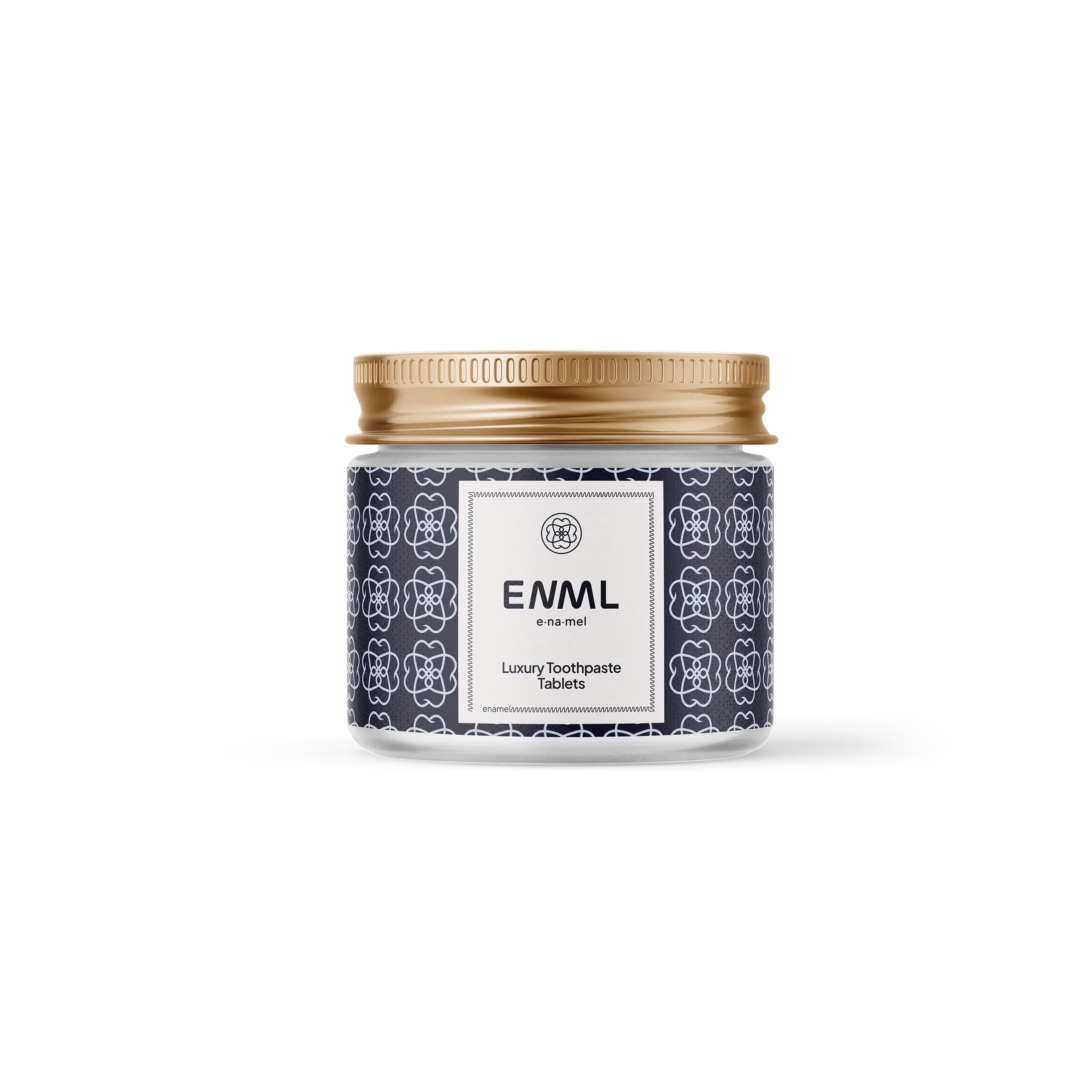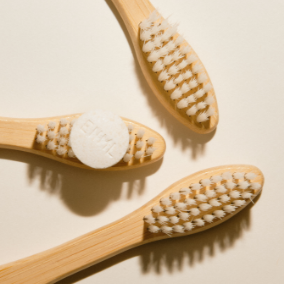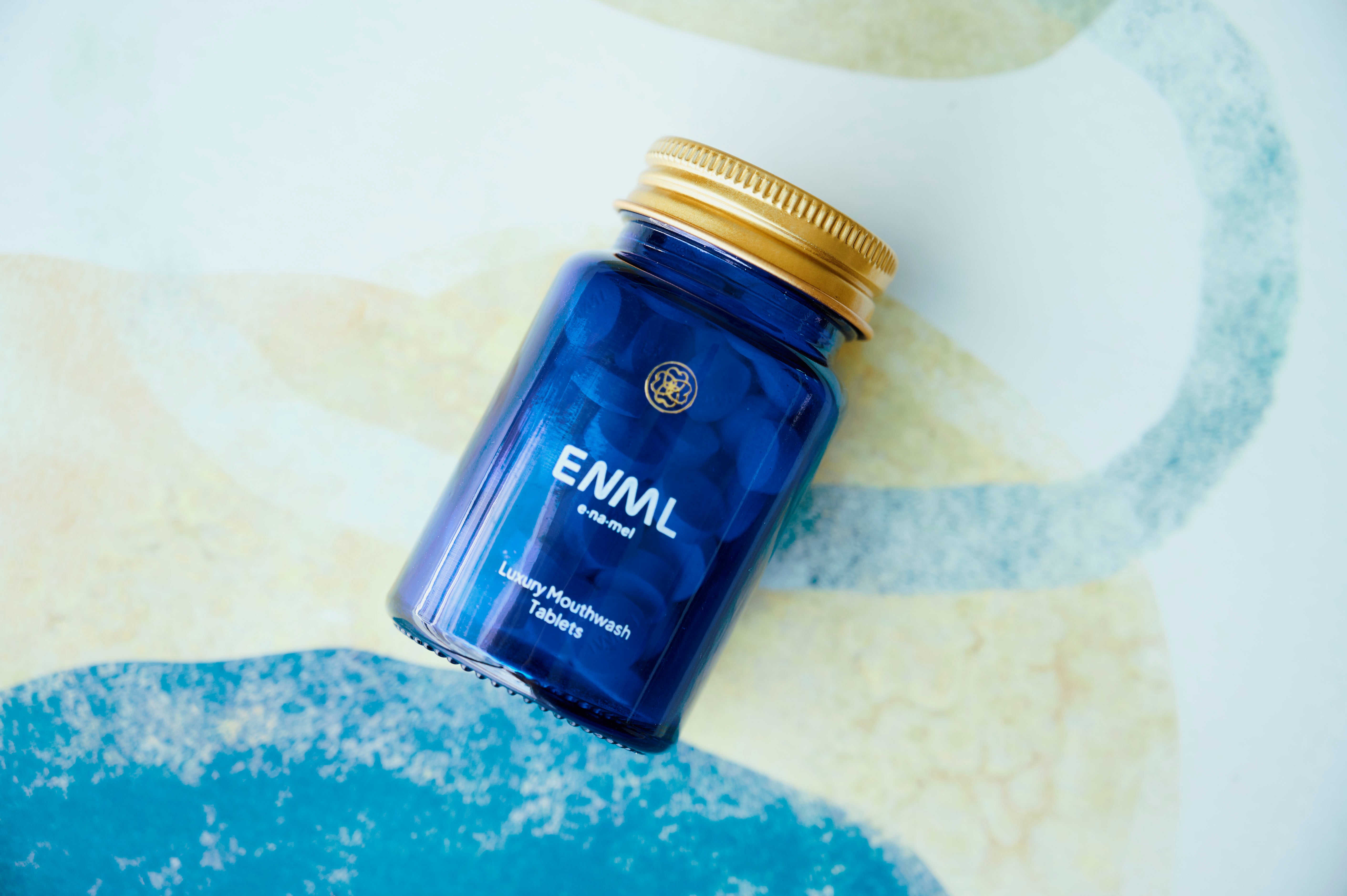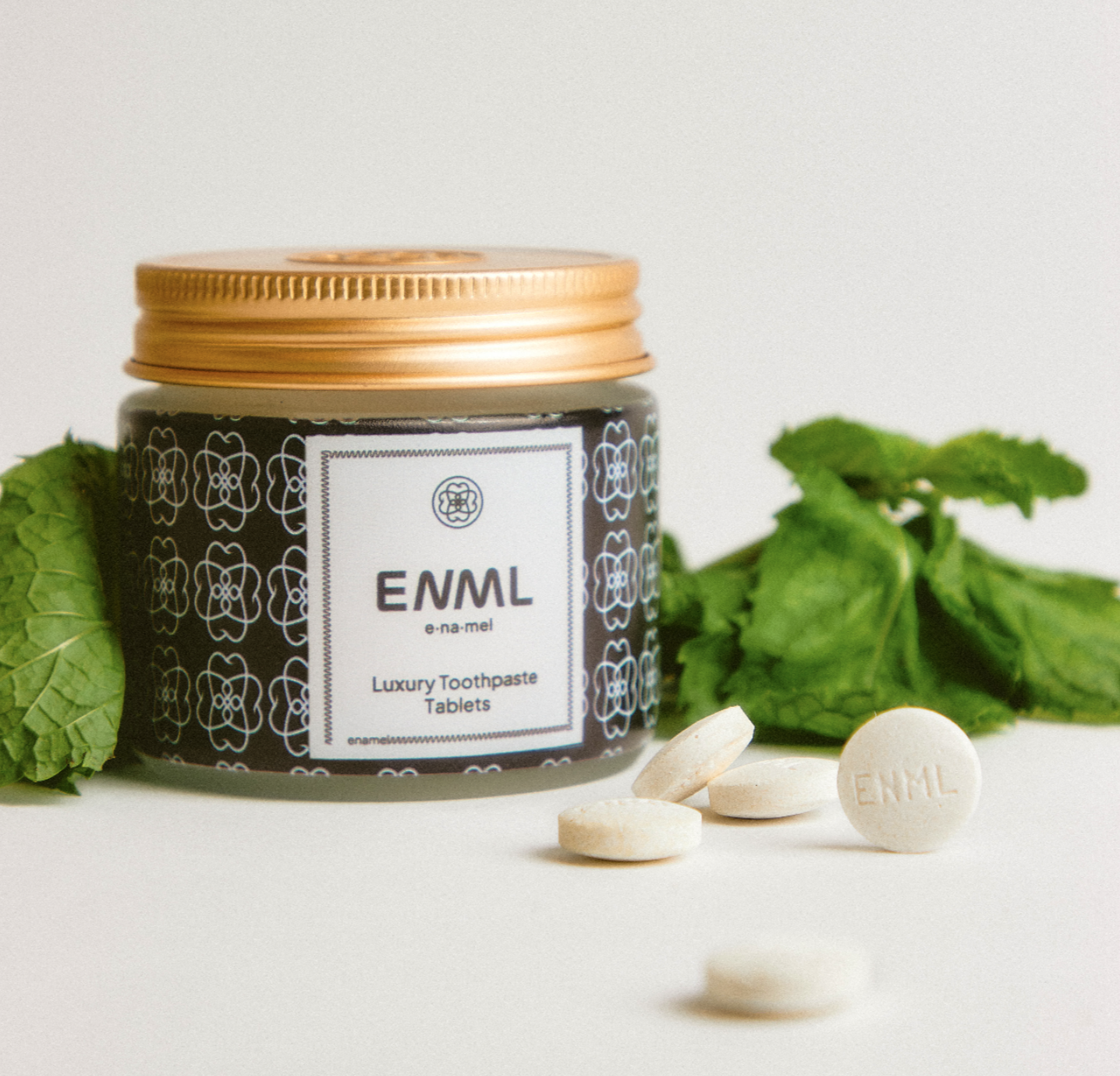Dealing with sensitive teeth can be a daily struggle. The sharp pain from hot coffee, cold water, or even a sweet treat can take away the joy of simple moments, making it difficult to fully enjoy your favorite foods and drinks. If you’ve been searching for a solution, finding the best toothpaste for sensitive teeth could be the game-changer you need. Not all toothpaste is created equal, and using a product specifically formulated for sensitivity can make a significant difference in your oral health and overall quality of life.
In this blog, we’ll explore the key features of the best toothpaste for sensitive teeth, why sensitivity occurs, and how to choose a product that will bring relief, protection, and long-lasting comfort.
What causes tooth sensitivity?
Tooth sensitivity, also known as dentin hypersensitivity, occurs when the protective enamel on your teeth wears down or when your gums recede, exposing the underlying dentin. Dentin contains tiny tubules that connect to the nerve endings, which can become irritated when exposed to hot, cold, sweet, or acidic stimuli. This condition can significantly impact daily activities, turning simple pleasures like enjoying a warm cup of coffee or a refreshing cold drink into moments of discomfort. Addressing sensitivity promptly is crucial, as prolonged exposure to these stimuli without protection can lead to further enamel erosion and increased discomfort. Common causes of sensitivity include:
-
Aggressive brushing habits
-
Gum recession due to periodontal disease
-
Acidic foods and beverages
-
Teeth grinding or clenching
-
Tooth decay or worn dental fillings
-
Overuse of teeth-whitening products
Understanding the root cause of your sensitivity can help you address the issue more effectively. Along with adopting better oral care practices, using the best toothpaste for sensitive teeth can help manage and reduce discomfort.
💡Related Post: How Does Hydroxyapatite Work to Remineralize Teeth and Reduce Sensitivity?
Key Questions and Answers
-
What makes a toothpaste effective for sensitive teeth?
The best toothpaste for sensitive teeth includes ingredients like potassium nitrate, stannous fluoride, or hydroxyapatite to block pain signals and strengthen enamel. These components create a protective barrier over exposed dentin, reducing sensitivity over time. -
How often should I use toothpaste for sensitive teeth?
You should use toothpaste for sensitive teeth at least twice a day, morning and night, to achieve optimal results. Consistent use helps strengthen enamel and provide long-lasting relief. -
Can sensitive toothpaste prevent cavities?
Yes, sensitive toothpaste with fluoride or hydroxyapatite not only relieves pain but also protects against cavities by remineralizing enamel and reducing plaque buildup. -
Is sensitive toothpaste safe for daily use?
Absolutely! Toothpaste formulated for sensitive teeth is designed for regular use and is gentle on enamel while providing effective cleaning and pain relief. -
How long does it take to see results with sensitive toothpaste?
Most users notice a reduction in sensitivity within a few days to a week of consistent use. For best results, use it as part of a comprehensive oral care routine. -
Can children use toothpaste for sensitive teeth?
Yes, many sensitive toothpastes are safe for children. However, always check the label or consult your dentist to ensure it’s suitable for young users. -
Does sensitive toothpaste help with whitening?
Some sensitive toothpastes contain gentle whitening agents like baking soda or activated charcoal to remove surface stains without irritating the teeth. -
What should I avoid if I have sensitive teeth?
Avoid highly acidic foods and beverages, overbrushing, and abrasive toothpaste, as these can further damage enamel and exacerbate sensitivity. -
Are there natural alternatives for sensitive teeth?
Yes, natural toothpastes with ingredients like aloe vera, xylitol, and hydroxyapatite can provide effective relief while avoiding synthetic chemicals. -
Should I consult a dentist for tooth sensitivity?
If your sensitivity persists despite using the right toothpaste and adopting better oral care practices, consult a dentist to rule out underlying issues like gum disease or tooth decay.
Benefits of Using Toothpaste for Sensitive Teeth
Switching to a toothpaste designed for sensitivity comes with numerous advantages, such as:
-
Pain Relief: Sensitive toothpastes contain desensitizing agents that help reduce pain and discomfort from hot, cold, and sweet foods.
-
Enamel Strengthening: These products help remineralize and protect enamel, preventing further damage and reducing the risk of cavities.
-
Gentle Cleaning: Formulated with low abrasivity, they clean teeth effectively without wearing down enamel.
-
Gum Health Support: Many sensitive toothpastes include ingredients that soothe and reduce gum inflammation, promoting overall oral health.
-
Long-Term Results: Regular use helps provide lasting relief, ensuring a more comfortable brushing experience over time.
Tips for Managing Tooth Sensitivity
In addition to using the best toothpaste for sensitive teeth, here are some tips to help manage and prevent sensitivity:
-
Use a Soft-Bristled Toothbrush: Hard bristles can damage enamel and irritate gums. Opt for a soft-bristled toothbrush to ensure gentle cleaning.
-
Practice Proper Brushing Technique: Avoid aggressive brushing and use a gentle, circular motion to protect your teeth and gums.
-
Limit Acidic Foods and Drinks: Foods like citrus fruits and beverages like soda can erode enamel. Rinse your mouth with water after consuming these to reduce their impact.
-
Wear a Mouthguard: If you grind your teeth at night, a mouthguard can prevent further enamel damage and reduce sensitivity.
-
Visit Your Dentist Regularly: Routine dental checkups help identify and address underlying issues contributing to sensitivity, such as gum recession or cavities.
💡Related Post: How Hydroxyapatite Reduces Sensitivity and Rebuilds Tooth Enamel
Conclusion
Tooth sensitivity doesn’t have to disrupt your daily life. By using the best toothpaste for sensitive teeth and adopting healthy oral care habits, you can enjoy a pain-free smile and protect your teeth for the long term. Whether you’re dealing with occasional discomfort or chronic sensitivity, finding the right toothpaste can make all the difference.
ENML offers a range of high-quality, eco-friendly products designed to provide lasting relief and improve your oral health. Plus, using ENML’s innovative formulations ensures you’re not just relieving sensitivity but also protecting your enamel and maintaining gum health. Ready to take the next step? Shop ENML’s best toothpaste for sensitive teeth and discover a new level of comfort and care for your smile today.






